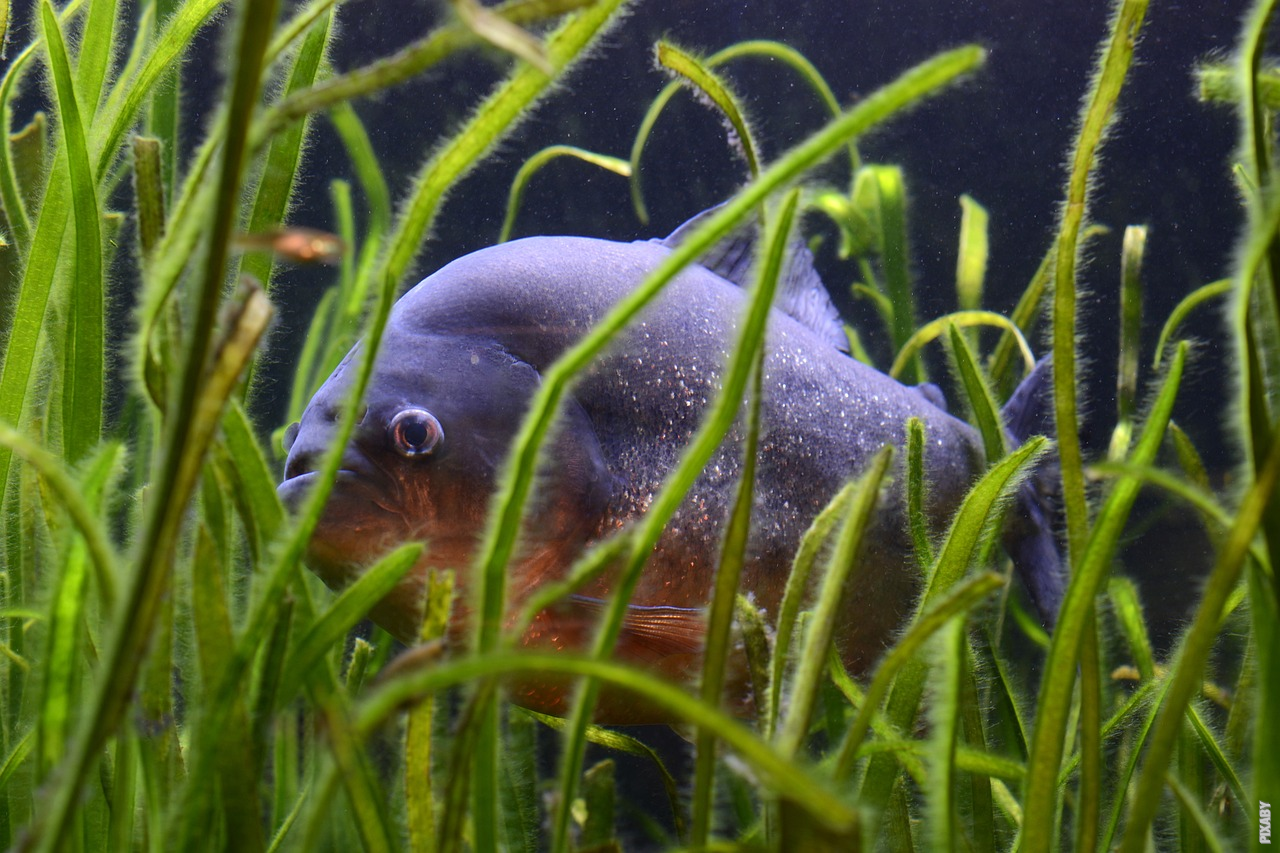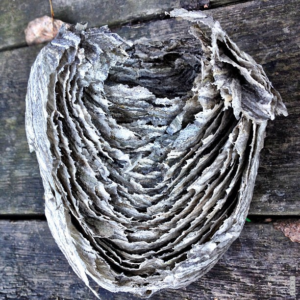The Fearsome Piranha: Unraveling the Truth
Known as the ultimate predator of the Amazon, the piranha has captivated the imaginations of adventurers and scientists alike. Often misunderstood and demonized, this extraordinary fish has a reputation that precedes it. Let’s dive into the world of piranhas to uncover the truth about these mesmerizing creatures.
Anatomy and Behavior: A Masterpiece of Evolution
Piranhas are small, carnivorous freshwater fish native to the rivers of South America. With razor-sharp teeth and a streamlined body, they are built for speed and precision. Contrary to popular belief, piranhas do not actively seek out human flesh; they are opportunistic scavengers, feasting on injured or weak animals that venture into their territory.
Diversity and Adaptations: A Multitude of Species
There are over 60 known species of piranhas, each with its own unique characteristics and adaptations. From the red-bellied piranha, renowned for its fierce nature, to the black piranha, equipped with the strongest bite force among freshwater fish, these species have evolved to thrive in their respective environments.
Ecological Significance: Guardians of the River
Piranhas play a crucial role in maintaining the delicate balance of the Amazon ecosystem. As scavengers, they clean up decaying matter and prevent the spread of disease. Furthermore, their presence in the food chain regulates the population of smaller fish, ensuring the survival of other species.
Interactions with Humans: Separating Fact from Fiction
While Hollywood movies have portrayed piranhas as bloodthirsty monsters, the reality is far from it. Although they can be defensive when threatened or provoked, piranhas rarely attack humans. Cases of piranha-inflicted injuries are extremely rare and usually occur when individuals venture into piranha habitats during periods of low food availability.
Post
Post
Conservation Efforts: Protecting the Piranha
Despite their fearsome reputation, piranhas face numerous threats in their natural habitats. Habitat destruction, overfishing, and pollution pose significant challenges to their survival. Conservation organizations are working tirelessly to raise awareness and implement measures to protect these iconic creatures.
Conclusion: The Enigmatic Piranha
The piranha, a creature of mystery and intrigue, continues to capture our fascination. While they possess impressive adaptations and play a vital role in their ecosystems, their danger to humans has been greatly exaggerated. It is time to appreciate the piranha for its ecological significance and debunk the myths surrounding its perceived threat.



